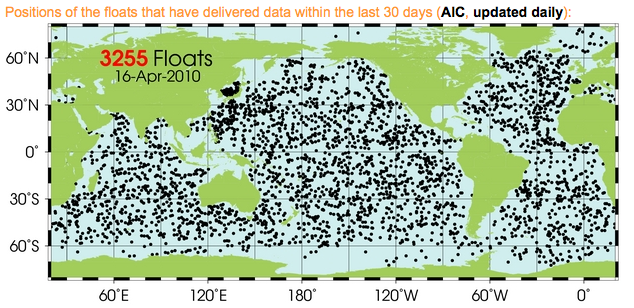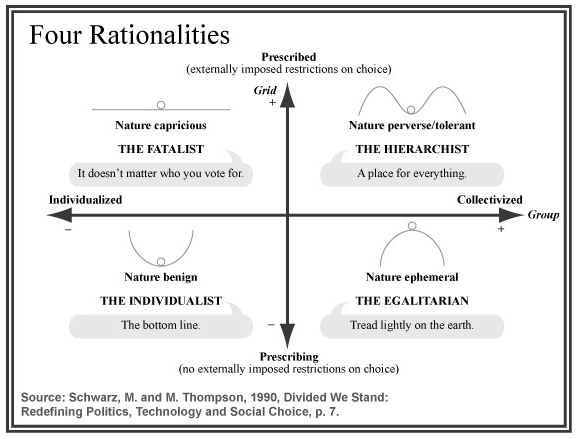
Photo by mcfarlandmo, <a href="http://www.flickr.com/photos/mcfarlandmo/4014611539/">via Flickr</a>.
I woke up to find my bike coated in thick mustard-yellow pollen this morning. That was gross, but not nearly as annoying at the sniffling, sneezing, itchy eyes, wheezing, and coughing that regularly accompanies the dawn of spring for me and approximately 25 million other Americans. And it’s only getting worse, thanks to the warming planet.
From a new report by the scientists over at National Wildlife Federation:
Ragweed—the primary allergen trigger of fall hay fever—grows faster, produces more pollen per plant, and has higher allergenic content under increased carbon dioxide levels. Longer growing seasons under a warmer climate allow for bigger ragweed plants that produce more pollen later into the fall. Springtime allergies to tree pollens also could get worse. Warmer temperatures could allow significant expansion of the habitat suitable for oaks and hickories, which are two highly allergenic tree species. Changing climate conditions may even affect the amount of fungal allergens in the air.
It’s hard to predict exactly how much worse it can get, but spring is already arriving 10 to 14 days earlier than it did 20 years ago, meaning the pollen starts flying earlier. And don’t expect things to get better at the other end of the year. Ragweed, a fall pollen that affects about 75 percent of people who suffer from hay fever, is projected to increase by 60 to 100 percent by around 2085 if fossil fuel emissions continue at current rates.
In addition to making my life more miserable, allergies and allergy-induced asthma are a major economic burden for the US: $32 billion every year in direct health care costs and lost productivity. I’ll have more on this in piece for our new collaboration, The Climate Desk, soon.















